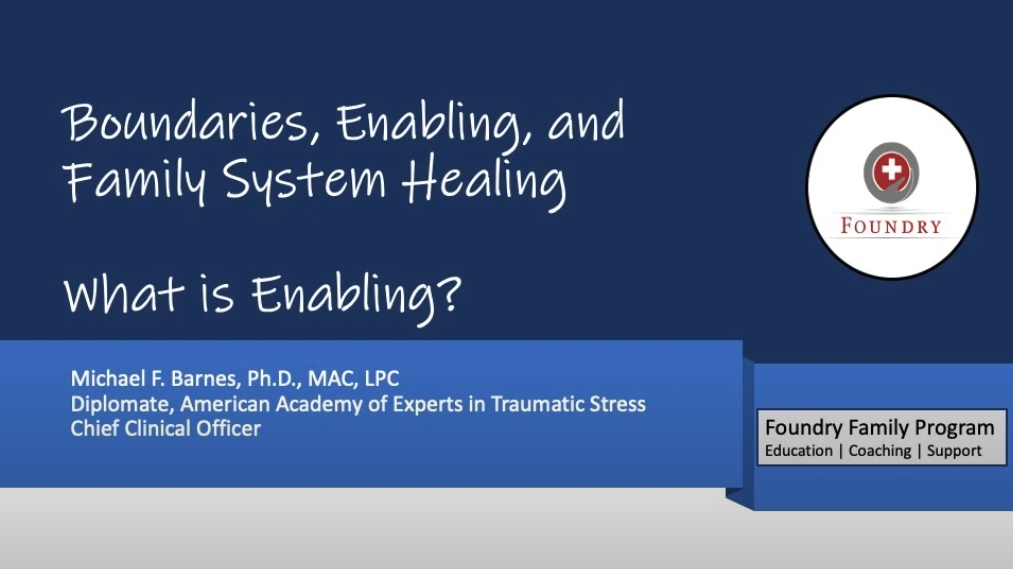Family Resources

Dr. Thompson
Medically Reviewed by Dr. Thompson
April 24, 2024
Call Us Now!
Family Support Information for Arbor Wellness clients
It is frequently said in the world of addiction treatment that addiction is a “family disease”. At Arbor Wellness we believe that all mental health issues rely on a community of participants who either unintentionally worsen the illness or contribute effectively to its recovery. This includes everyone who in some way resides with, tolerates, accommodates or unintentionally supports the illness. Consequently, we believe that consistent management of any mental health disorder depends on that community of support to enhance its own ongoing healing and repertoire of coping skills. It is said that we are wounded in isolation but we heal in community.
Request A Confidential Callback
Beyond understanding the client’s trauma, Arbor Wellness acknowledges the trauma experienced by family members and loved ones who have also valiantly tried to cope with the client’s mental health disorder. Family members are encouraged to become educated about trauma, examine their own traumatic experiences with an individual therapist, seek their own support and increase their coping skills during this time of healing. Avoidance of pain must end for everyone involved.
While your loved one is in our care at Arbor Wellness, family and friends are encouraged to understand “no news is good news” regarding the client’s progress in treatment. Rest assured that the client’s primary therapist or other clinical staff involved with the client will communicate with you at the appropriate time or if there is an emergency. Clients are given an “acclimation period” for the first 7 days after admission so that they can fully immerse themselves in the treatment environment and any contact with loved ones during this time is by staff only without the client present. Clinical staff may also postpone or limit contact if it is determined that communication is therapeutically contraindicated.
The best and most supportive actions that family members and loved ones can take during this time are to seek out and engage in their own resilience-building activities such as taking care of neglected personal needs (such as dentist or doctor visits), to participate in individual therapy sessions, and to utilize support from community organizations such as NAMI, Al-Anon, and/or Codependents Anonymous (CoDA). Arbor Wellness staff is here to assist you in this process with referrals and educational resources if needed.
As previously mentioned, Arbor Wellness recognizes that loved ones have been through their own traumatic journey and tried their best to cope. Most of us do not intuitively understand how to support a loved one with mental health issues. Consequently, we unintentionally respond in ways that make things worse instead of better. The following videos by Dr.Michael Barnes expertly discuss the impact of addictions on family members and friends. These same concepts of family recovery can be adapted for use with other mental health issues and are recommended for loved ones, especially once the client has admitted to treatment.
Videos by Dr. Michael Barnes
Getting the client to admit to treatment
It is typically an overwhelming crisis situation that leads us to seek treatment. We understand that these situations are often trauma-producing for everyone involved. Too often, this situation is compounded by the individual who is ill lacking awareness of their own mental health issues and how it is impacting everyone including themselves. When this occurs, families and loved ones find themselves at a loss as to how to effectively intervene.
Many people do not know that refusing treatment for a mental illness is not always simply willful denial. Sometimes, this lack of insight and awareness is actually a symptom of the mental illness itself, a condition called anosognosia. It is estimated that over 50% of individuals with schizophrenia and 40% with bipolar disorder experience anosognosia as a symptom of their mental illness.
Arbor Wellness staff is here to help you with finding solutions to your specific situation. When you call our admissions line, someone will assist you in determining the most appropriate level of care needed for the client and offer various suggestions for encouraging a loved one to agree to treatment. In addition, you may find the resources below helpful in getting your loved one to accept help while maintaining your own responsibilities.
Recommended Reading
- I Am Not Sick. I Don’t Need Help! By Dr. Xavier Amador – this book contains practical advice on helping communicate with loved ones who may suffer with anosognosia.
- Codependent No More by Melodie Beattie – helps family members of loved ones suffering with co-occurring disorders to stop enabling and find healthier ways to provide effective support.
- The Burden of Sympathy: How Families Cope with Mental Illness by David Karp – a book about learning to empathize but not become engulfed by a loved ones struggles as told by actual family members who have been through these situations.
- Defying Mental Illness: Finding Recovery with Community Resources and Family Support by Paul Komarek – a useful resource for helping comprehend mental health disorders and treatment. Furthermore is a resource for connecting loved ones with community support.
Understanding Mental Illness
Unfortunately, mental health disorders are still too frequently stigmatized as “lack of willpower”, “moral failing”, or “laziness”. As a result, mental illness continues to be a very confusing topic for clients and loved ones alike. Our clinical program at Arbor Wellness is designed to help clients become educated about their illnesses and cultivate the coping skills needed to manage them while leading a full and meaningful life. We also feel it is vital that their loved ones learn more about effectively supporting someone with mental illness. Below is a list of recommended resources for some mental health disorders treated at Arbor Wellness.
- Trauma: The Body Keeps the Score by Bessel van der Kolk – the most referenced book on trauma to come out in the last few decades.
- Bipolar Disorder: Madness: A Bipolar Life by Marya Hornbacher – a firsthand account of living and thriving with rapid cycling Bipolar I disorder.
- Major Depressive Disorder: Darkness Visible: A Memoir of Madness by William Styron – describes the author’s personal struggle with suicidal depression
- Schizophrenia: The Center Cannot Hold: My Journey Through Madness by Elyn Saks – A successful lawyer writes about dealing with psychosis and learning to manage her mental illness.
- Anxiety Disorders: Back, After the Break by Osher Gunsberg – a memoir about dealing with various co-occurring disorders including obsessive-compulsive disorder, psychosis, and substance use disorder.
Mental Health Videos
Playlist
If You are in need of immediate assistance...
Don’t hesitate to contact us immediately. In the case of a medical emergency please contact 911 or visit your local emergency department.
We Work With Most Major Insurance
Did you know most major health insurance plans with out-of-network benefits can help cover most of the costs associated with our program? Click below to find out your coverage and treatment options right now.




















